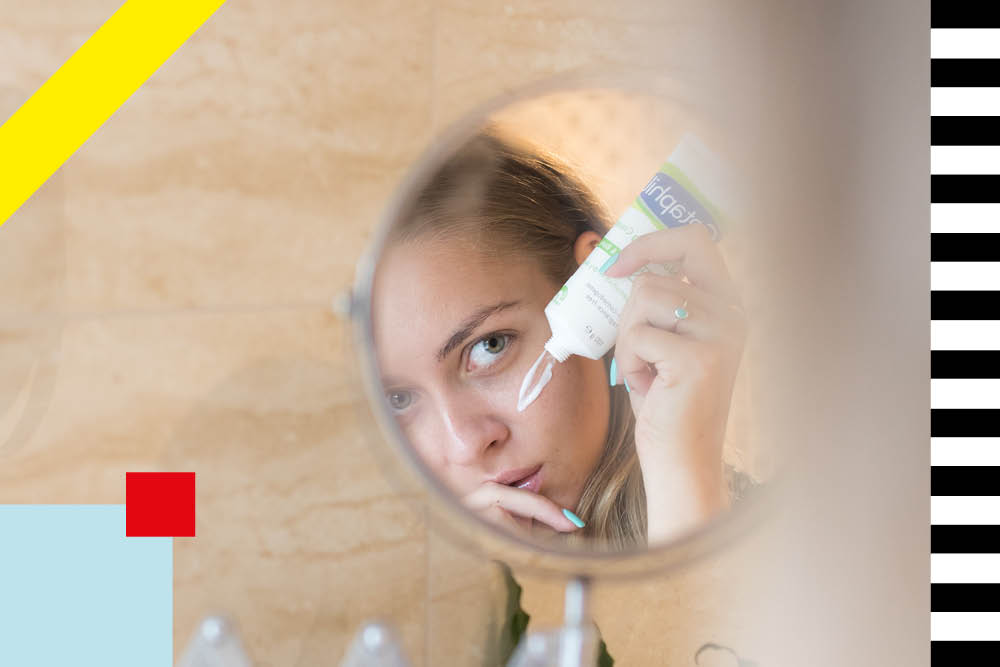Chemical beauty 101

Q. To what extent are chemicals in our products a problem?
A. It’s widely accepted that the toxins we put on our skin enter the body, but research into their effects and the levels we’re exposed to is ongoing.
Katie White, founder of re:lax, a facial studio offering treatments in skin coaching and nutritional therapy says… Some synthetic ingredients are known hormone disruptors. They can also irritate the skin, causing eczema and acne.
Q. Which ingredients should we look out for and avoid?
A. Check out the ways chemicals can be listed as they aren’t always labelled with their full name.
Katie says…Studies show parabens, phthalates, synthetic fragrance, parfum, sodium lauryl sulfate (SLS) and sodium laureth sulfate (SLES) have harmful or negative properties.
Q. Are there downsides of not using synthetic chemicals?
A. Natural skincare used to mean compromising on efficiency, but green initiatives have changed this.
Katie says… There’s no need to go without actives such as peptides, vitamin A, vitamin C, SPFs, acids, anti-ageing factors, just because you’re opting to choose consciously.
Q. How safe is retinol and how’s best to use it?
A. It can reduce sebum production and increase skin cell turnover, but too much can create dermatitis
Katie says… Find one that has hydrating ingredients, and use twice a week. Retinol is found in Vitamin A. Products such as Mad Hippie Vitamin A Serum keep the skin from drying out
Q. What’s the deal with hyaluronic acid?
A. This naturally produced molecule in the body helps our cells retain moisture by binding to water molecules
Katie says… It’s a great ingredient for all skin types, just take a look at what else it’s blended with. To cut down on nasties, check out ranges from natural brands – such as Evolve








